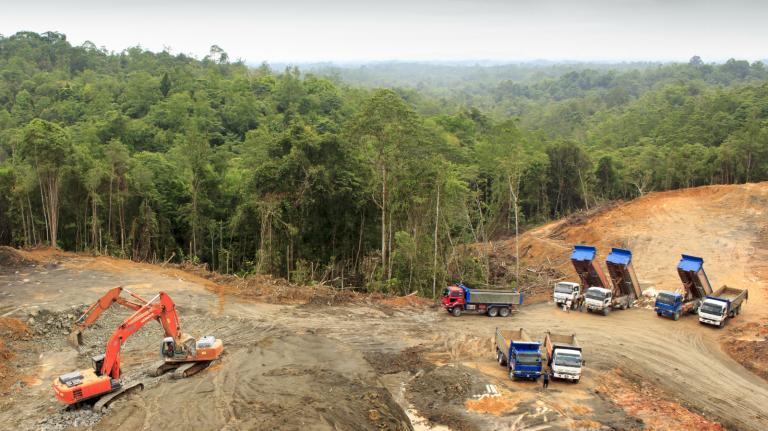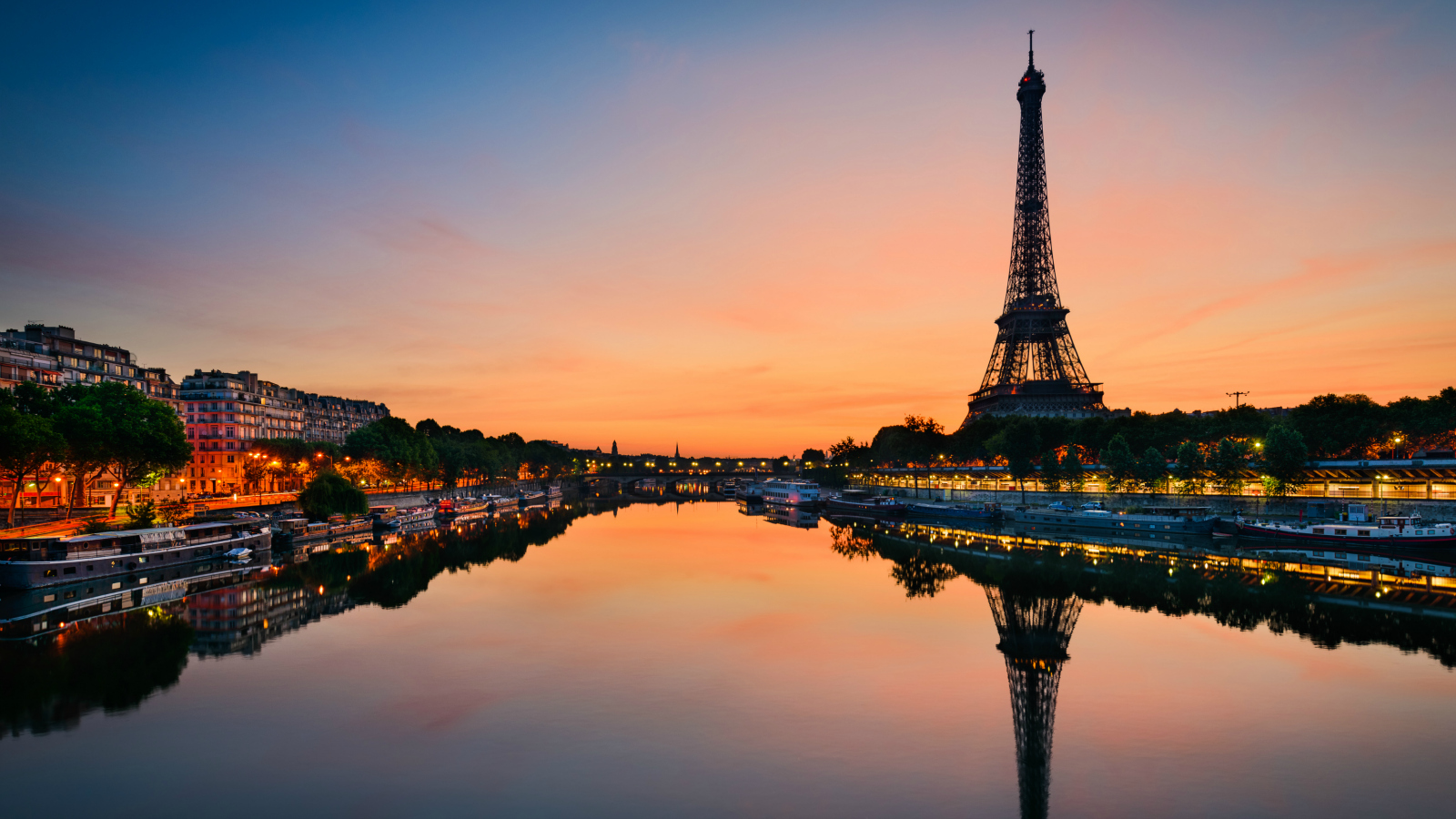In the wake of the U.K.’s vote to leave the European Union, environmentalists have been in a bit of a tizzy. The Paris climate deal, negotiated late last year, needs ratification from 55 parties accounting for at least 55 percent of global emissions before it kicks into effect — and the 28-member EU, which must ratify as a bloc, makes up the third-largest slice of the emissions pie.
But things are tumultuous in Brussels these days, raising concerns that the EU might not manage the task anytime soon. If the EU doesn’t formally join the agreement before the end of the year, further pressure will be placed on the rest of the world to ratify and bring the deal into effect.
“If you’re able to secure India, China, Japan, Canada, Mexico — all of the rest of the major economies — there are a lot of pathways that can get you there,” says Pete Ogden, a senior fellow at the Center for American Progress and former climate adviser to the White House. As of last week, Norway became only the 18th party to formally join the Paris deal, adding to a roster of small emitters like low-lying island states and developing nations. France’s ratification earlier this month depends on the rest of the EU’s approval before it counts.
But what, exactly, is everyone else waiting for?
Across the board, “each country has a unique domestic approval process” determined by their national constitutions, explains Eliza Northrop, an associate at the World Resources Institute’s International Climate Action Initiative. China, for example, has more bureaucratic hurdles to overcome than the United States. Beijing must gain the approval of the 150-member Standing Committee of the National People’s Congress to formally join the agreement.
But once countries have “gone through that technical process, it all comes down to politics,” says Northrop. And for countries that have more flexibility around the timing, “the decision is almost entirely political.”
In the case of the United States, the climate deal doesn’t require the approval of the Senate. Only Obama’s OK is needed to formally join; but he’s waiting for something — perhaps for China, experts suggest.
“The U.S. and China have long established they’re going to act jointly and have a common vision,” says Northrop, so they may want to ratify at the same time. “There’s a nice symmetry there.”
Ogden also points to leaders wanting to maximize the diplomatic effect with joint announcements as opposed to a steady “drip, drip, drip” of ratifications. Momentum is diplomatic currency, and “countries are trying to optimize the impact of completing what they’ve already agreed to.”
Domestic political considerations can muddy the ratification waters, too. Obama, for example, wouldn’t want to do anything that would hamper Hillary Clinton’s chances of winning the White House, and Republicans have already grumbled about him acting without the consent of Congress. (Ogden, who also advises the Clinton campaign, dismisses this idea, claiming that the administration likely doesn’t “see any downside” to ratifying before the election.)
India, too, has its own politics at play. Climate experts hope the country, as the fourth-largest emitter, might formally join the Paris Agreement this year along with the United States and China. A recent U.S.–India joint announcement confirmed their intentions to ratify the deal before the end of the year. But India could withhold ratification if it’s unhappy with other parties. The United States supports India’s aspirations to join the Nuclear Suppliers Group, but China last Friday blocked discussion on India joining. Now, India isn’t so sure it can ratify the deal just yet.
Here’s the thing: It’s not clear exactly when is the right time for Paris to enter into effect, because “right” means different things for different countries. Many want to see it happen before the end of the year, to reaffirm international commitments and get the implementation balls rolling, especially with political shakeups underway in the United States and Britain. But a country can also choose to withhold its ratification as leverage: Some developing countries and the think tank Third World Network, for example, argue that delaying ratification would pressure larger polluters into ramping up their ambitions or providing more financial security for those with little clean energy infrastructure.
At the end of the year, countries will meet for the next round of climate negotiations in Marrakech, and many countries are anxious to see the conference announce the beginning of “the Paris era.” By kicking the agreement into effect before that meeting, “then you tee up the conference as a first chapter” in this era, says Ogden. As the Marrakech talks approach, eyes will be on the biggest polluters to follow through on the grand promises made in Paris.



